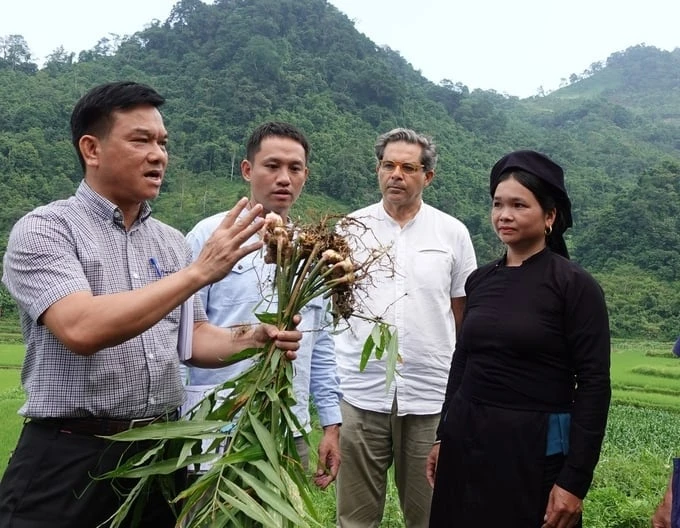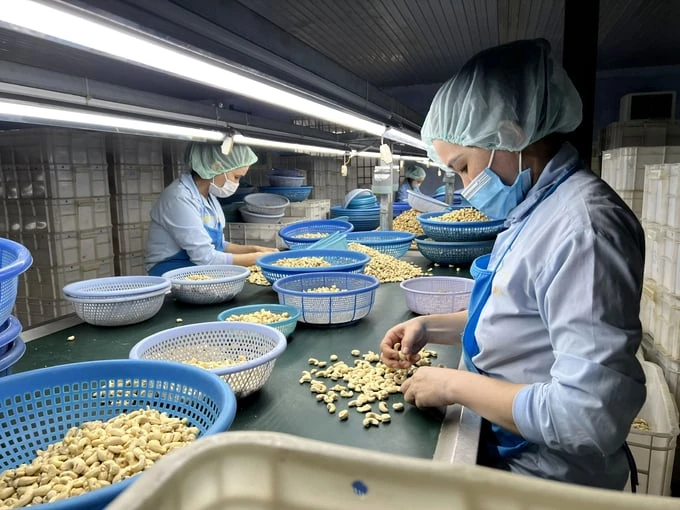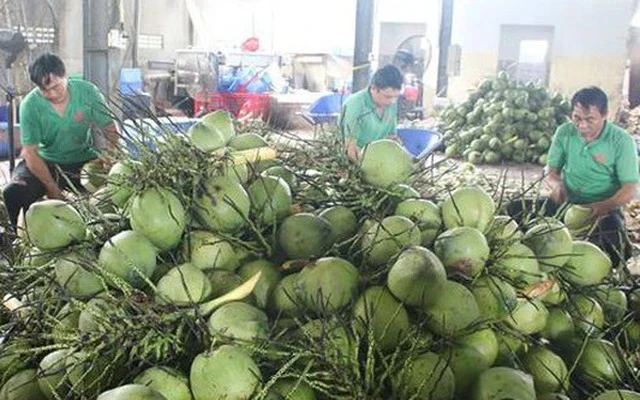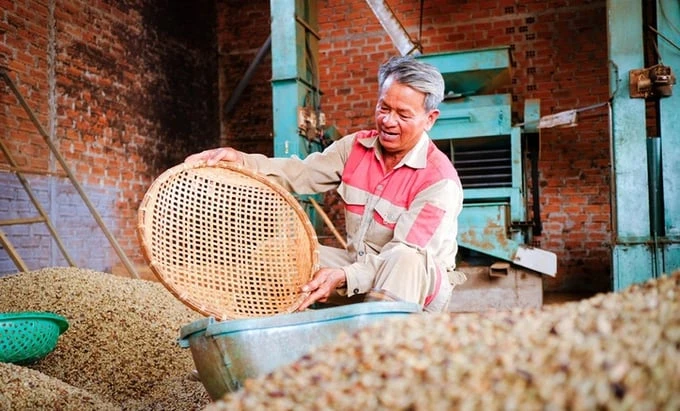
By Vietnam Expo On 19-06-2024 at 3:09 am
Effectiveness of planning following the MOPSEDP
The socio-economic development planning with the participation of the people and the private sector brought high effectiveness in Bac Kan province.
After many years of implementation in Bac Kan province, the Commune Support Program (CSSP) has positively impacted various fields. Notably, the process of socio-economic development planning (MOPSEDP) involves the participation of households in villages and hamlets (including poor households, near-poor households, ethnic minority households, and female-headed households) and partners from the private sector (including market outlets, enterprises, and agricultural processing cooperatives) have been extensively deployed.
The essence of the MOPSEDP planning process is to clarify current implementation capacities, analyze general future fluctuations, and then identify the desired development direction over phases. From there, authorities define annual action plans and identify leading solutions to ensure the feasibility of the plans.
In Bac Kan province, the MOPSEDP process has been widely replicated in 108 communes and all 8 districts and cities, with more than 21,000 households participating. In 2024, the project will continue to carry out capacity-building activities and transfer responsibilities to local departments and agencies for implementation.
After a period of implementation, the MOPSEDP toolkit has been evaluated as effective, having a positive impact on annual and medium-term socio-economic development planning activities at the local level. The quality of the plans has improved, ensuring feasibility in the implementation process. Especially, the economic development targets are built in accordance with the actual conditions, resources, and needs of the people.
Mr Luong Thanh Loc, Vice Chairman of the People's Committee of Na Ri district, stated that following the MOPSEDP process, the district has restructured the planning teams at both district and commune levels, organized district-level conferences to support communes in implementing the process as prescribed. In the planning process, the district closely follows the provincial targets and the needs of the people, particularly those related to businesses and cooperatives. After several years of implementation, the quality of socio-economic development planning in the communes has significantly improved, closely aligning with the local realities.
Socio-economic development planning includes many indicators, evaluation contents, reports, analyses, and proposals. The implementation process requires the participation of all levels, from province to district, to commune. At the district level, 100% of localities have established planning teams and regularly reorganize them when there are changes in members. The planning process involves the participation of specialized departments. At the commune level, all officials and organizations participate in planning, providing information, and consulting the community as assigned.
Residents also participate in the formulation and implementation of MOPSEDP, primarily through village meetings, with all project-implementing communes organizing community consultations. In the planning process, residents are provided with information about beneficiaries and benefit levels. As a result, the components implemented by the CSSP Project in Bac Kan clearly reflect the central role of the people.
According to Mr. Hoang Van Giap, Director of the CSSP Project Coordination Board in Bac Kan province, achieving the goal requires decentralization and empowering the people to participate in the planning process. This involves focusing on the needs and production capabilities of farming households and household groups linked to enterprises and cooperatives, thereby creating a closed production chain and increasing value.
"After many years of implementation, the MOPSEDP process has been assessed as suitable for the local conditions and effective in practice. Thanks to this, the planning process is faster, there is more work, but the data is more accurate, and the information is collected precisely at the grassroots level", Mr. Giap added.
In Bac Kan, the provincial-level climate change adaptation plan has been evaluated and integrated into the MOPSEDP process through four communication and capacity-building programs. To date, the project has completed the activities of the sub-component and achieved the goals according to the project document and logical framework. Specifically, the project has implemented four communication and capacity-building programs on climate change adaptation and completed the set of indicators for monitoring climate change adaptation activities in the agricultural and forestry sectors.
Despite the positive results, specialized agencies note that orienting investment activities associated with developing value chains in the planning process still faces many difficulties due to a lack of market information, especially in districts and communes outside the project area.
The CSSP project in Bac Kan province is funded by a loan from the International Fund for Agricultural Development (IFAD) with a capital of $ 21.25 million and contributions from the Government of Vietnam as well as the project beneficiaries. The CSSP project aims to increase income and reduce vulnerability to climate change for poor and near-poor households, thereby contributing to sustainable poverty reduction in the locality.

Author
Vietnam Expo
Related posts






